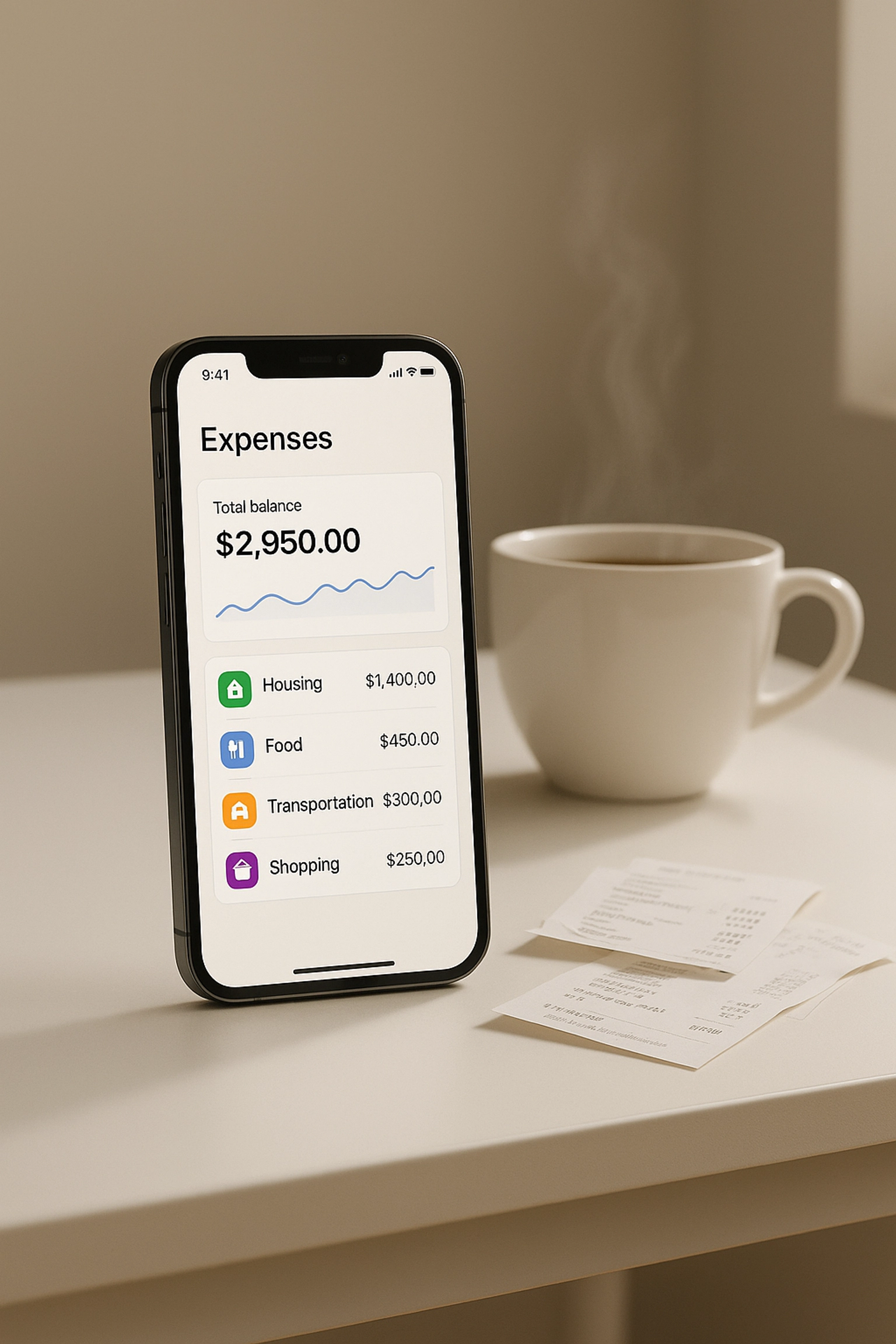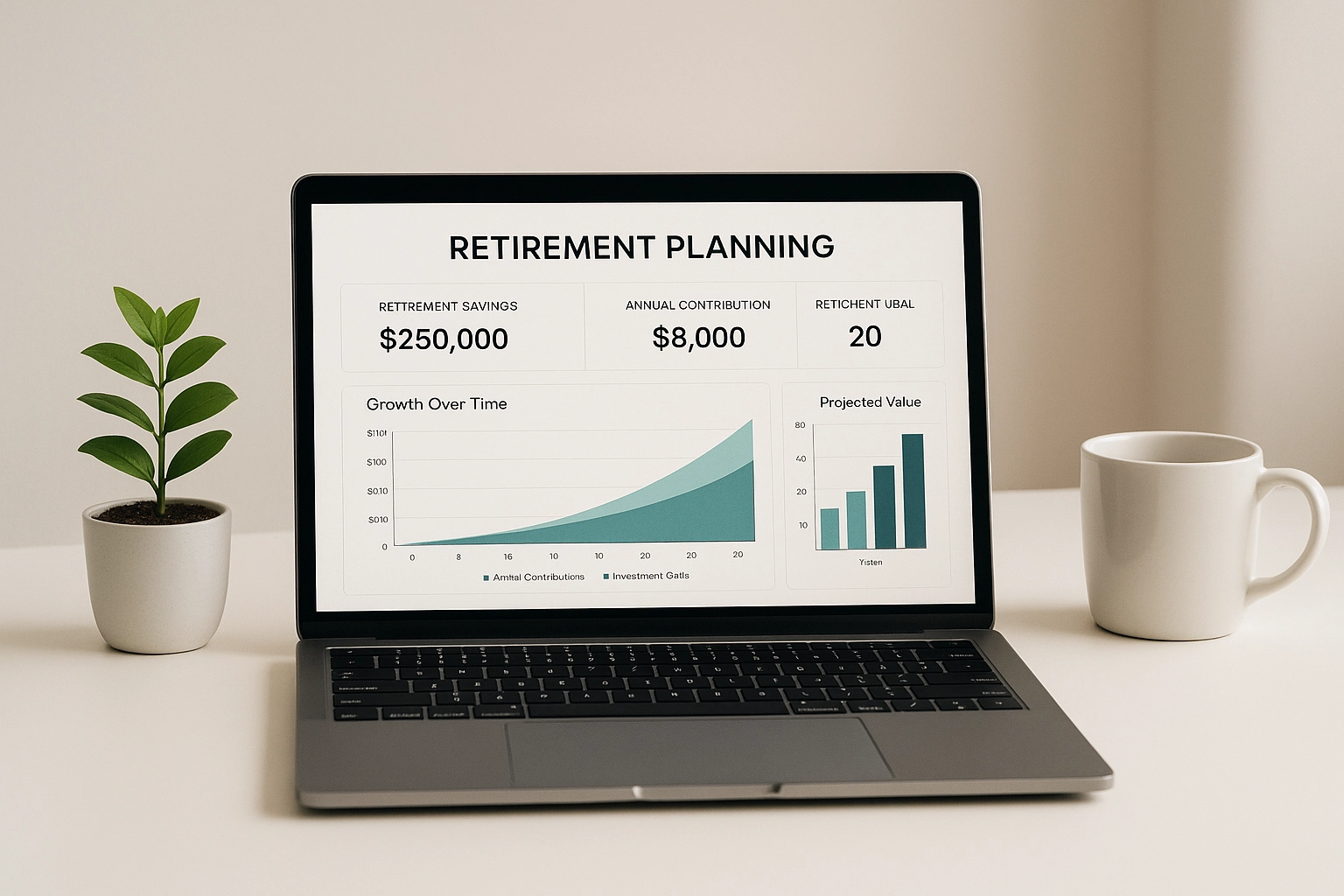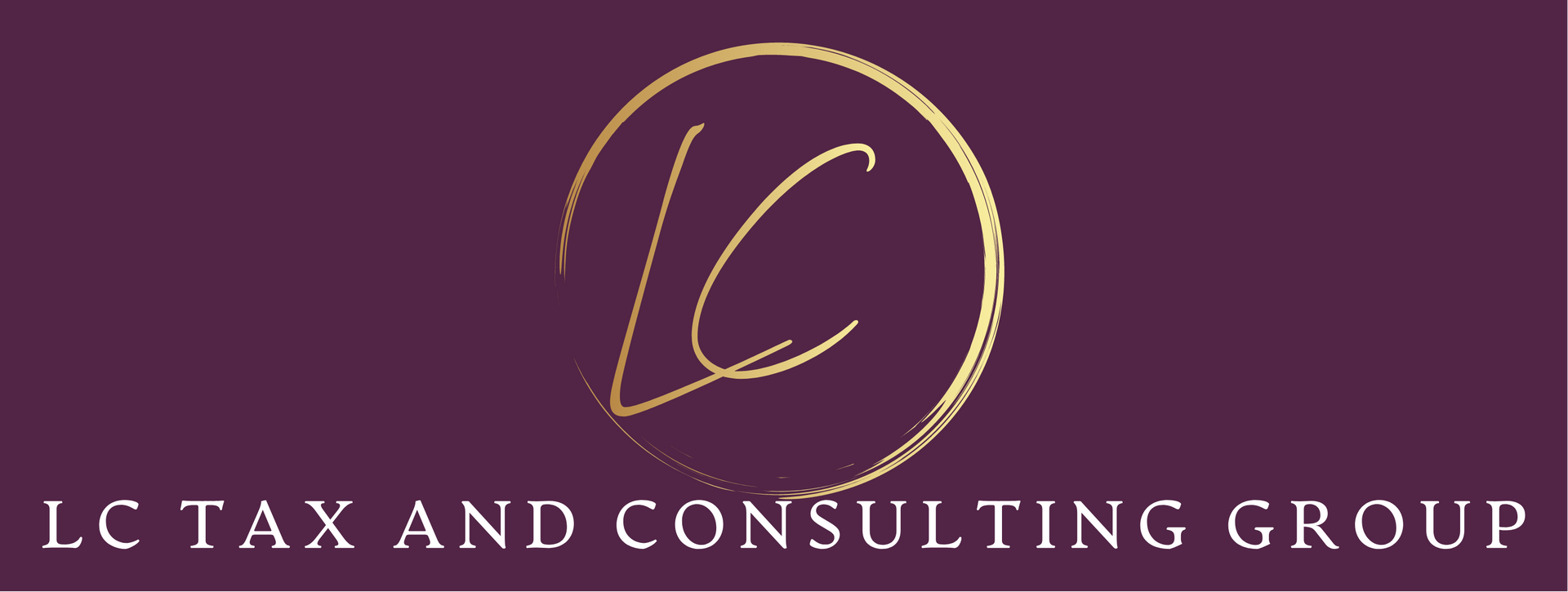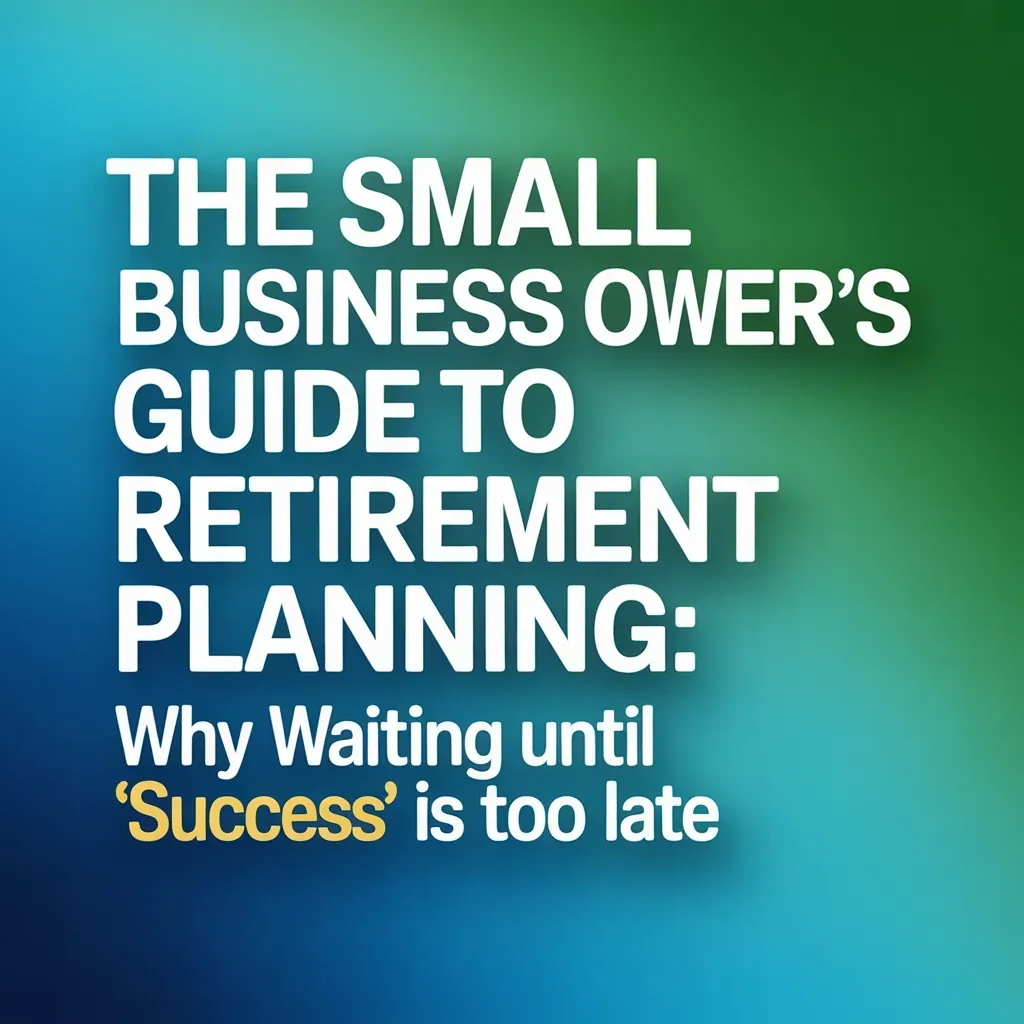Simple Cents : Making Smart Financial Decisions

Making smart financial decisions doesn't have to be complicated. You don't need a finance degree or years of experience to start building a solid financial foundation. Sometimes, the best financial advice comes down to simple cents – basic principles that make perfect sense once you understand them.
Let's break down the fundamentals that every small business owner and individual should know, without the jargon or overwhelming complexity that often comes with financial planning.
Start With What You Can Control
Your financial journey begins with understanding what's in your control right now. You can't predict market crashes or economic downturns, but you can control your spending, saving habits, and the financial decisions you make today.
Take a honest look at where your money goes each month. You might be surprised by what you discover. That daily coffee run, subscription services you forgot about, or impulse purchases can add up to hundreds of dollars monthly. The goal isn't to eliminate all enjoyment from your life – it's about being intentional with your choices.

Start by tracking your expenses for just one week. Write down everything you spend, from your morning coffee to your grocery bill. This simple exercise often reveals spending patterns you didn't realize existed. Once you see where your money actually goes, you can make informed decisions about where you want it to go instead.
The 50/30/20 Rule That Actually Works
Financial planning can feel overwhelming when you're trying to balance multiple goals at once. The 50/30/20 rule simplifies this by giving you clear percentages to work with:
- 50% of your after-tax income goes to needs (rent, utilities, groceries, minimum debt payments)
- 30% goes to wants (dining out, entertainment, hobbies)
- 20% goes to savings and extra debt payments
This isn't a rigid rule that works for everyone, but it's a starting point. If you're a small business owner with irregular income, you might need to adjust these percentages based on your seasonal cash flow. The key is having a framework that helps you allocate your money intentionally.
Your needs category should include business expenses if you're self-employed. Your emergency fund becomes even more critical when you don't have a steady paycheck, so consider boosting that 20% savings rate when possible.
Emergency Funds: Your Financial Safety Net
An emergency fund isn't just nice to have – it's essential. This money sits in a separate savings account, ready for unexpected expenses like car repairs, medical bills, or business slowdowns.
Start small if you need to. Even $500 can help you avoid putting emergency expenses on credit cards. Your goal is to eventually save three to six months of living expenses, but don't let that number overwhelm you. Focus on building $1,000 first, then work your way up.

For business owners, consider keeping a separate business emergency fund. This helps you handle equipment failures, seasonal dips in revenue, or unexpected opportunities without disrupting your personal finances.
Debt: The Good, The Bad, and The Strategy
Not all debt is created equal. Understanding the difference between good debt and bad debt helps you prioritize your repayment strategy.
Good debt typically helps you build wealth or generate income – like a mortgage on rental property or business loans that help you grow your company. Bad debt usually involves high interest rates for items that lose value, like credit card debt for consumer purchases.
If you're carrying multiple debts, you have two main strategies: the debt snowball (paying off smallest balances first) or the debt avalanche (tackling highest interest rates first). The snowball method gives you psychological wins that keep you motivated, while the avalanche saves you more money in interest. Choose the approach that fits your personality and stick with it.
Retirement Planning Doesn't Have to Wait
One of the biggest mistakes people make is thinking they need to have everything else figured out before they start saving for retirement. The truth is, starting small and early beats starting big and late every single time.
If you're employed, take advantage of any employer match in your 401(k) – it's free money. If you're self-employed, consider opening a SEP-IRA or Solo 401(k). These accounts offer tax advantages while helping you build long-term wealth.

Even contributing $50 or $100 per month makes a difference when you have decades for compound interest to work. You can always increase your contributions as your income grows, but you can't go back in time to start earlier.
Tax Planning Throughout the Year
Taxes shouldn't be something you think about only in April. Smart tax planning happens year-round and can save you significant money.
Keep detailed records of business expenses, charitable donations, and other deductible items throughout the year. Consider making estimated tax payments if you're self-employed to avoid penalties and cash flow crunches.
If you're a business owner, strategic timing of income and expenses can help manage your tax liability. Sometimes it makes sense to accelerate deductions into the current year or defer income to the next year, depending on your situation.
Insurance: Protecting What Matters Most
Insurance feels like an expense until you need it – then it becomes invaluable. Make sure you have adequate coverage for your health, disability, property, and life insurance needs.
For business owners, don't forget about professional liability insurance, general liability coverage, and business interruption insurance. These protections can save your business from a single lawsuit or disaster.
Review your coverage annually. As your income grows and your circumstances change, your insurance needs evolve too. What made sense five years ago might not provide adequate protection today.

When to Seek Professional Help
You don't have to figure everything out alone. Financial planning becomes more complex as your income grows, your business expands, or you face major life changes like marriage, divorce, or retirement.
Consider working with a financial professional when you're dealing with significant tax implications, estate planning needs, or complex investment decisions. A good advisor doesn't just manage your investments – they help you create a comprehensive plan that aligns with your goals.
Look for fee-transparent professionals who take the time to understand your unique situation. The right advisor becomes a partner in your financial journey, not just someone who sells you products.
Building Wealth One Decision at a Time
Wealth building isn't about getting rich quick or finding the perfect investment. It's about making consistent, smart decisions over time. Every dollar you save, every debt payment you make, and every investment contribution builds toward your financial future.
Start where you are, with what you have. You don't need to implement every strategy at once. Pick one or two areas to focus on first, master those habits, then gradually add more sophisticated strategies.
The most important step is the first one. Whether that's opening a savings account, creating your first budget, or scheduling a consultation with a financial professional, taking action today puts you ahead of where you were yesterday.

Your financial future is built on simple cents – basic principles applied consistently over time. Every small step you take today creates momentum for bigger changes tomorrow. The key is starting now, staying consistent, and remembering that progress matters more than perfection.
Ready to turn your simple cents into a comprehensive financial plan? Contact us to discuss how we can help you build a stronger financial foundation for your business and personal goals.


